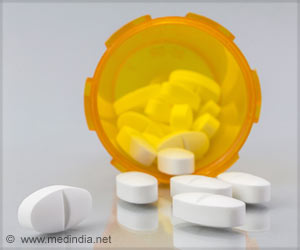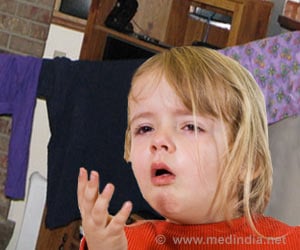Researchers have said that if children are active at age 5, they are more likely to remain lean as they age. This is regardless of how sedentary adult life may be.
The researchers call it a 'banking' effect as kids benefit from it later in life."We call this effect 'banking' because the kids benefit later on, similar to having a savings account at a bank. The protective effect is independent of what happens in between," said lead author Kathleen Janz, professor of health and sport studies in the UI College of Liberal Arts and Sciences.
"The implication is that even 5-year-olds should be encouraged to be as active as possible because it pays off as they grow older," she added.
During the study, the University of Iowa researchers tested the body fat and activity level of 333 kids at ages 5, 8 and 11.
The kids wore accelerometers to record their activity level for up to five days, providing much more reliable data than relying on kids or parents to track minutes of exercise.
It showed that kids who are active at age 5 end up with less fat at age 8 and 11, even when controlling for their accumulated level of activity.
Advertisement
However, Janz insists that further investigation is needed to learn what happens to the active kids' bodies that keeps them in better shape down the road.
Advertisement
In addition, boys were more likely to experience the sustained benefit from being active as preschoolers, possibly because they are more active at age 5 than girls, highlighting a need to especially encourage young girls to exercise.
The study is published in the American Journal of Preventive Medicine.
Source-ANI
TAN






